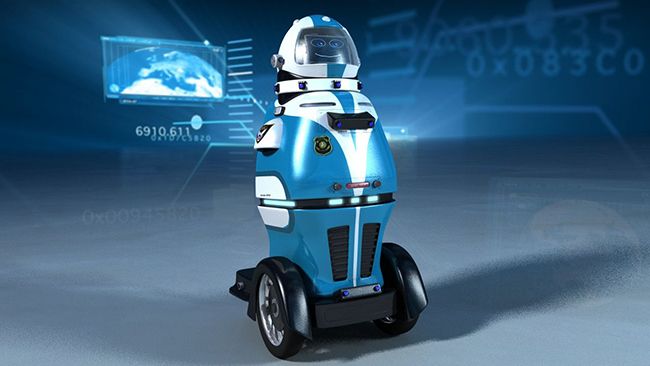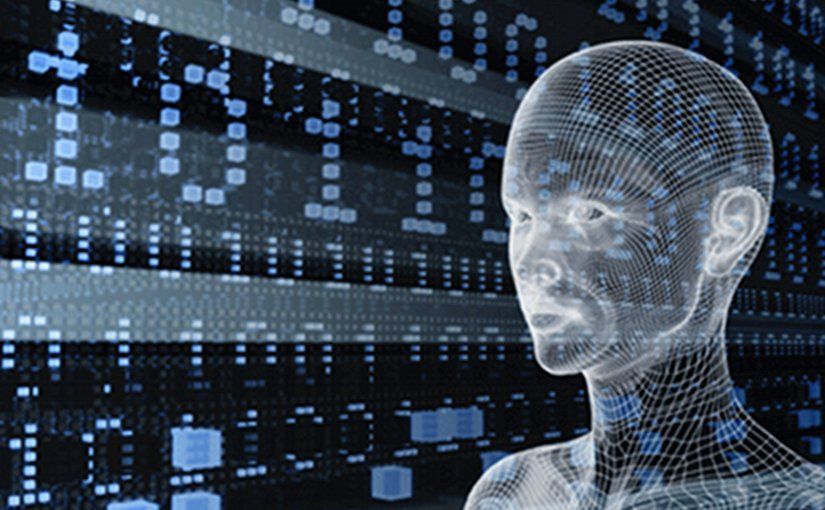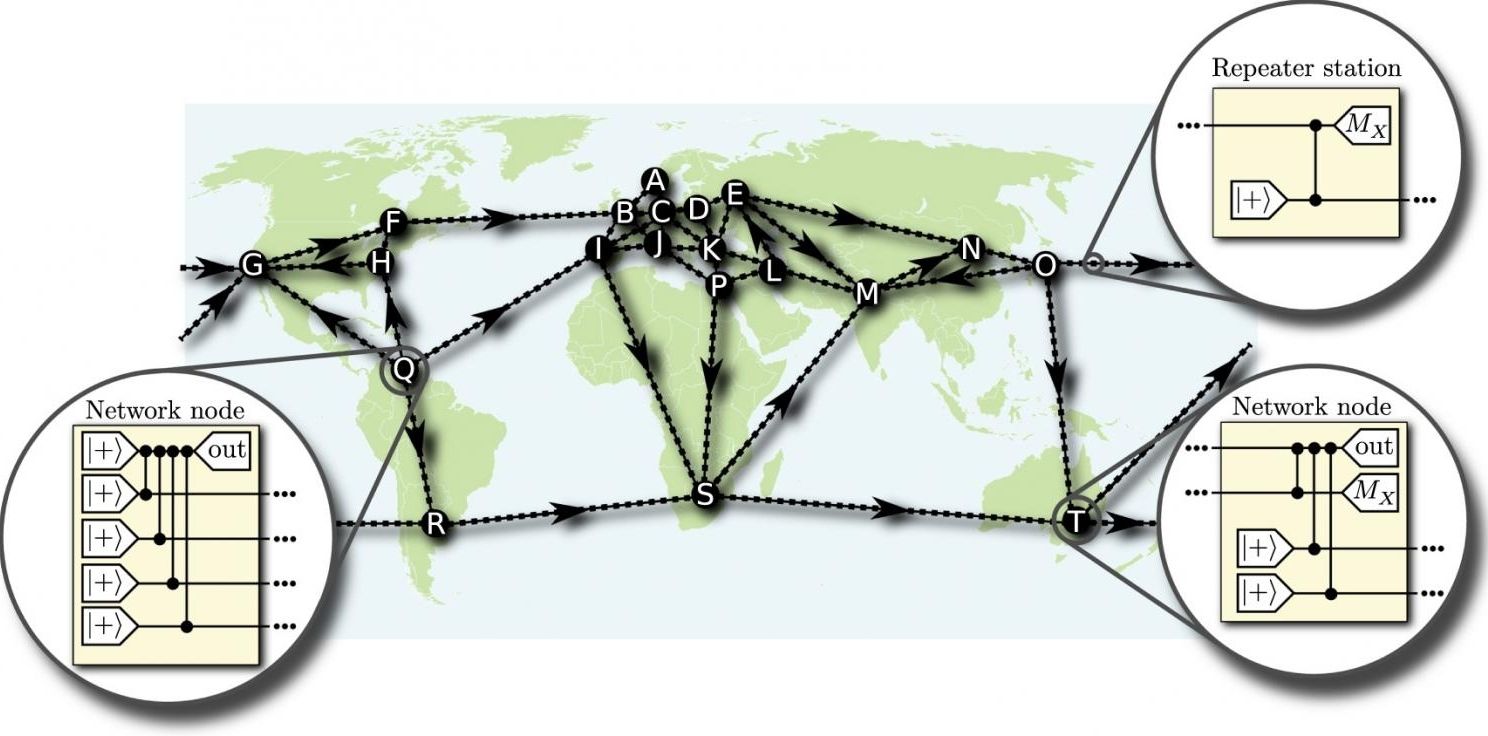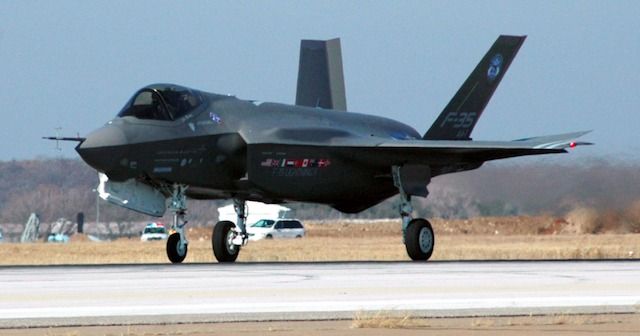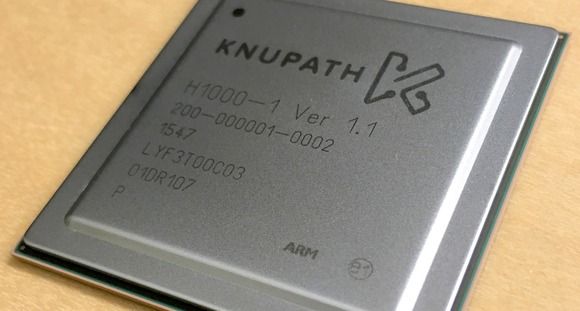Jun 15, 2016
Gamma 2 Robotics launches autonomous security robot, partners with Hexagon
Posted by Karen Hurst in categories: drones, employment, robotics/AI, security
Mass killings in US and Europe during 2015 & 2016: Pulse in Orlando — 49 killed; Brussels — 32 dead; Paris — 150 dead; San Bernardino 14 dead… With these numbers we have to assess could Robots equipped with sensors, communications, Tasers and other defenses be used for security guards to protect buildings and public areas and events as a defense to save lives. I believe getting robots equipped with sensor technology as well as other equipment could help towards combating terror. Also, drones should be looked at to be used in conjunction with these bots.
Gamma 2 Robotics introduced its new RAMSEE security patrol robot at Hexagon’s international conference HxGN LIVE, which is being held June 13–16 in Anaheim, California. The launch is part of a new partnership with Hexagon Safety & Infrastructure.
RAMSEE is a physical presence that patrols autonomously without supervision and provides real-time data on intruders, motion, heat, fire, smoke, gas and more. the company says in a news release.
Continue reading “Gamma 2 Robotics launches autonomous security robot, partners with Hexagon” »
